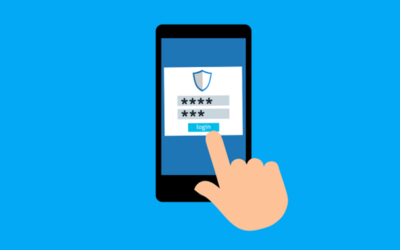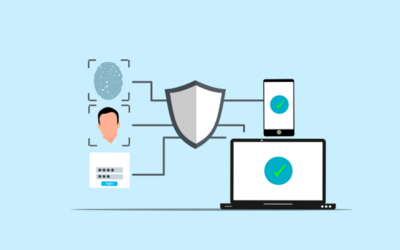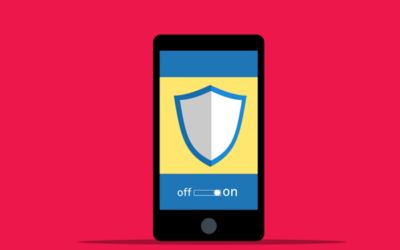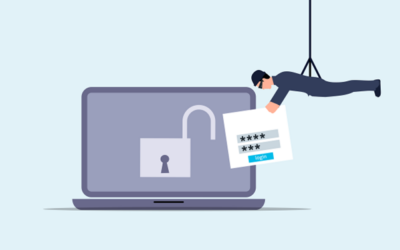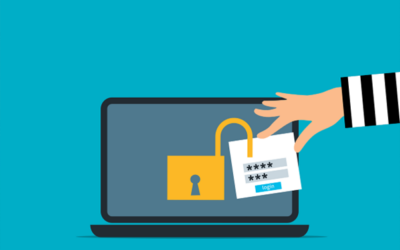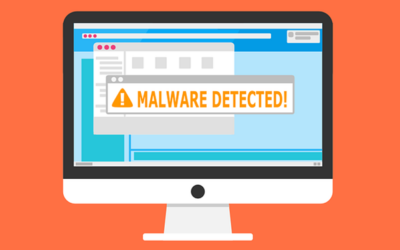
The QR Code Revolution: Navigating Security in the Digital Age
At Wahaya IT, we understand the power and convenience of QR codes for modern business operations. From streamlining customer engagement to enhancing marketing strategies, these versatile codes have become ubiquitous across industries in the greater Baton Rouge area. However, as QR codes continue to rise in popularity, so does the threat posed by cybercriminals looking to exploit this technology for malicious purposes.
Adapting to the Threat: Understanding the QR Code Scam
Originally devised for inventory tracking in the automotive sector, QR codes have undergone a remarkable transformation, and they are now pivotal tools in marketing campaigns and customer interactions. Nevertheless, with this increased prominence comes a new challenge: the emergence of QR code phishing scams.
Unveiling the Scheme: How QR Code Scams Operate
In this nefarious scheme, cybercriminals fabricate counterfeit QR codes, often overlaying them onto legitimate ones found on posters, promotional materials, or product packaging. Unsuspecting individuals, including C-suite executives like yourselves, may inadvertently scan these deceptive codes, unknowingly exposing themselves and their organizations to various risks.
Once scanned, these fake QR codes can lead users to phishing websites masquerading as legitimate platforms. Here, sensitive information such as login credentials or financial details may be solicited, paving the way for identity theft or financial fraud. Alternatively, the scanned code might trigger malware download onto the user’s device, compromising personal and corporate security.
Protecting Your Enterprise: Best Practices for Secure QR Code Scanning
At Wahaya IT, our top priority is safeguarding your organization against cyber threats. To mitigate the risks associated with QR code scams, we recommend the following proactive measures:
1. Verify the Source
Exercise caution when scanning QR codes from unknown or untrusted sources. Always validate the legitimacy of the code and its origin, especially if it requests sensitive information.
2. Utilize Dedicated Scanner Apps
Consider using dedicated QR code scanner apps equipped with advanced security features. These apps offer enhanced protection through code analysis and website reputation checks.
3. Scrutinize URLs Before Access
Before accessing any website prompted by a QR code, carefully examine the URL to ensure it corresponds to the legitimate domain of the associated organization.
4. Exercise Caution and Trust Your Instincts
Remain vigilant and refrain from scanning QR codes that appear suspicious, damaged, or tampered with. Trust your instincts and avoid falling prey to cybercriminal tactics.
5. Keep Software Updated
Regularly update your device’s operating system and QR code scanning apps to incorporate the latest security patches and safeguards against known vulnerabilities.
Partnering for Protection: Secure Your Business with Wahaya IT
In the ever-evolving landscape of cybersecurity threats, Wahaya IT stands ready to fortify your organization’s defenses against QR code phishing scams and other malicious activities. Don’t let cybercriminals undermine your company’s integrity and success. Contact us today to explore our comprehensive range of phishing-resistant security solutions tailored to your unique business needs. Together, let’s ensure your enterprise remains secure and resilient in the face of emerging digital risks.
Article used with permission from The Technology Press.




